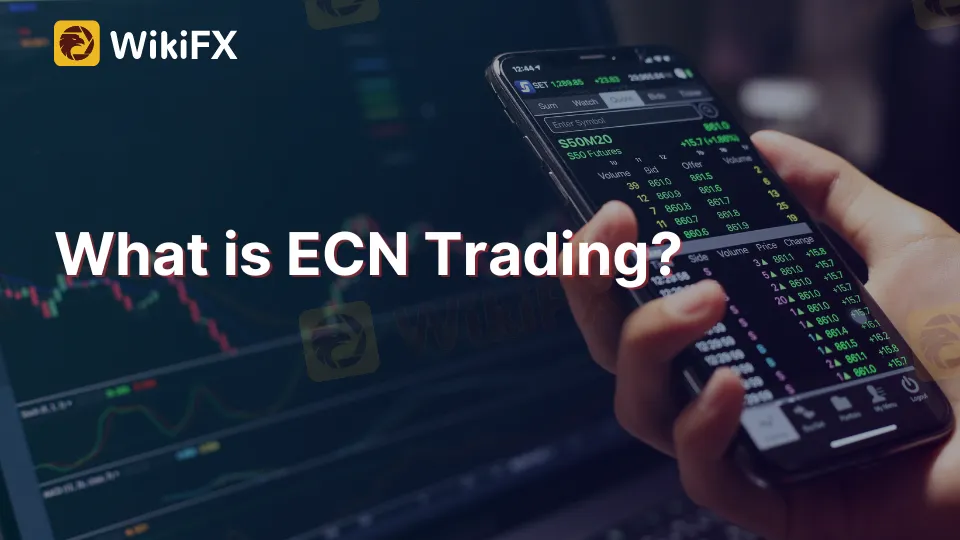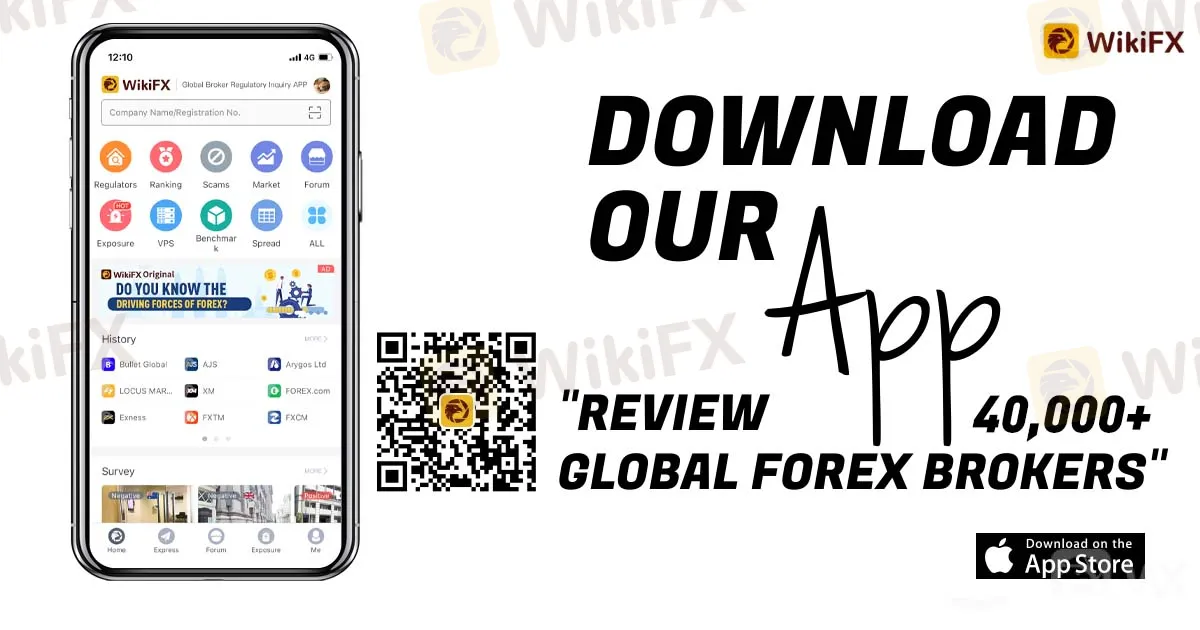简体中文
繁體中文
English
Pусский
日本語
ภาษาไทย
Tiếng Việt
Bahasa Indonesia
Español
हिन्दी
Filippiiniläinen
Français
Deutsch
Português
Türkçe
한국어
العربية
What is ECN Trading?
Abstract:Explore ECN trading, a democratizing force in the financial markets. It provides a direct, efficient connection between traders and liquidity providers, bypassing the need for intermediaries. Learn about ECN brokers, benefits, and how to choose one.
ECN, an acronym for 'electronic communication network', denotes an automated trading component that bridges the gap between individual traders and liquidity providers. These liquidity providers can include banks, brokerages, or even other traders. Notably, ECN trading democratizes access to the financial markets, permitting individuals with varying types of trading accounts, irrespective of their balance size, to participate in the global marketplace.
An ECN broker, generally a No Dealing Desk (NDD) broker, ensures a seamless connection between parties during trading transactions. There's no Dealing Desk through which a client's orders have to pass, expediting the execution process.
Exploring the Details of ECN Trading
An ECN is a technologically advanced system designed to publish traders' orders directly to third parties and other individual traders. This automated process involves the execution of buy and sell orders, ensuring that traders get the best price available at the time.
ECN trading, using cutting-edge technology, establishes a direct link between all traders, regardless of their size, and liquidity providers. This direct connection eradicates the need for a 'middleman', thereby enhancing the efficiency of your transactions.
One key benefit of ECN trading is that it provides tighter spreads and a more in-depth view of market pricing. The ECN broker compiles quotes from multiple participants, aiming to offer you the smallest bid/ask spreads available. This intricate automated trading process offers real-time market quotes and swift execution.
It's apt to envision ECN trading as a marketplace where brokers' clients can directly trade with each other. This arrangement empowers traders to secure the best possible offer at any given moment.
Comparing ECN Brokers and Market Makers
There's often a comparison between ECN brokers and market makers, with each having unique advantages. ECN brokers provide an electronic trading system for traders, enabling them to deal directly with other participants. On the other hand, market makers set both the buying and selling prices on their systems and display them publicly on their quote screens. They stand ready to make transactions at these prices with their customers, thus creating a 'market'.
While both have their pros and cons, choosing between an ECN broker and a market maker often depends on the trader's individual needs, investment goals, and risk tolerance.
The Best ECN Brokers
While the choice of the best ECN broker largely depends on individual trading needs, there are certain universal criteria that all good ECN brokers fulfill. These can include competitive fees, advanced trading platforms, high-quality customer support, robust regulation, and offering a range of markets to trade in. Keep these factors in mind while choosing an ECN broker for your trading needs.
Conclusion
In conclusion, ECN trading signifies a pivotal step in the democratization of the financial markets. It provides traders of all sizes with direct access to liquidity providers, without the need for intermediaries. With its ability to provide real-time market quotes, fast execution, and tighter spreads, ECN trading indeed provides an efficient and transparent trading platform. As a trader, understanding ECN trading is crucial to navigating the global marketplace effectively.
Get the WikiFX App on your mobile device to keep abreast of recent updates. Install the App from this link: https://social1.onelink.me/QgET/px2b7i8n.

Disclaimer:
The views in this article only represent the author's personal views, and do not constitute investment advice on this platform. This platform does not guarantee the accuracy, completeness and timeliness of the information in the article, and will not be liable for any loss caused by the use of or reliance on the information in the article.
Related broker
Read more

Top 10 Trading Indicators Every Forex Trader Should Know
Master the top 10 Forex trading indicators to analyze real-time Forex quotes, trends, and market signals. Learn strategies to boost accuracy and avoid mistakes.

Why Do You Feel Scared During Trade Execution?
Trade execution is a pivotal moment for traders. It is when analysis turns into action, and potential profits or losses become reality. However, for many traders, this moment is accompanied by fear. Why does this happen, and how can you address it?

WikiEXPO Global Expert Interview: Simone Martin—— Exploring Financial Regulation Change
In the midst of financial innovation and regulation, WikiGlobal, the organizer of WikiEXPO, stays abreast of industry trends and conducts a series of insightful and distinctive interviews on pivotal topics. We are delighted to have the privilege of inviting Simone Martin for an in-depth conversation this time.

MultiBank Group Wins Big at Traders Fair Hong Kong 2024
Discover how MultiBank Group, a global leader in financial derivatives, secured three prestigious awards at Traders Fair Hong Kong 2024, highlighting its innovative trading solutions and industry excellence.
WikiFX Broker
Latest News
Volkswagen agrees deal to avoid Germany plant closures
Geopolitical Events: What They Are & Their Impact?
Top 10 Trading Indicators Every Forex Trader Should Know
TradingView Launches Liquidity Analysis Tool DEX Screener
MultiBank Group Wins Big at Traders Fair Hong Kong 2024
WikiEXPO Global Expert Interview: Simone Martin—— Exploring Financial Regulation Change
'Young investors make investment decisions impulsively to keep up with current trends' FCA Reveals
Why Do You Feel Scared During Trade Execution?
CySEC Settles Compliance Case with Fxview Operator Charlgate Ltd
Malaysian Influencer Detained in Taiwan Over Alleged Role in Fraud Scheme
Currency Calculator


